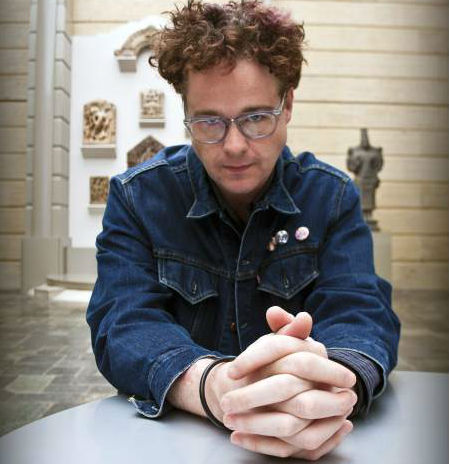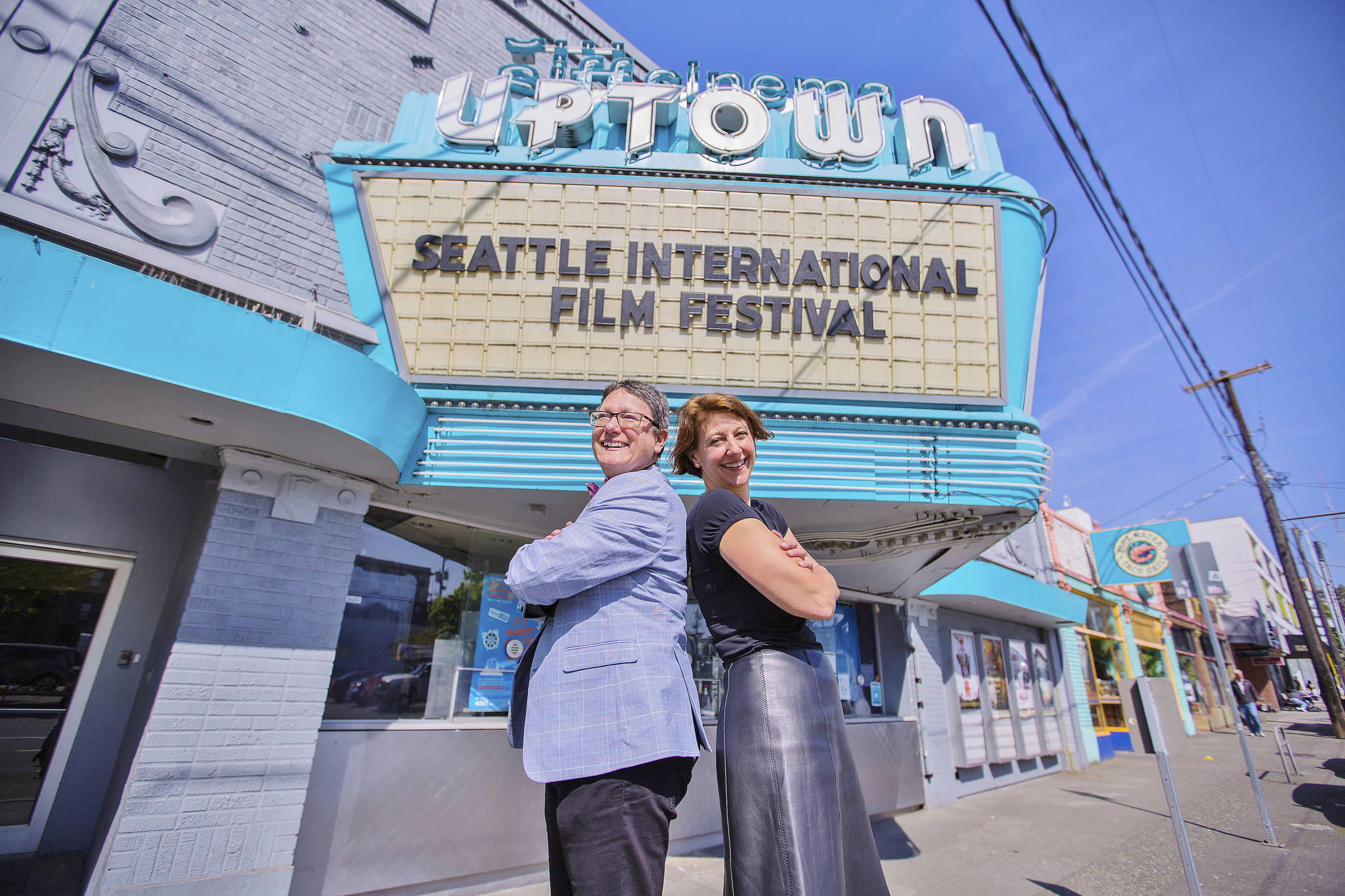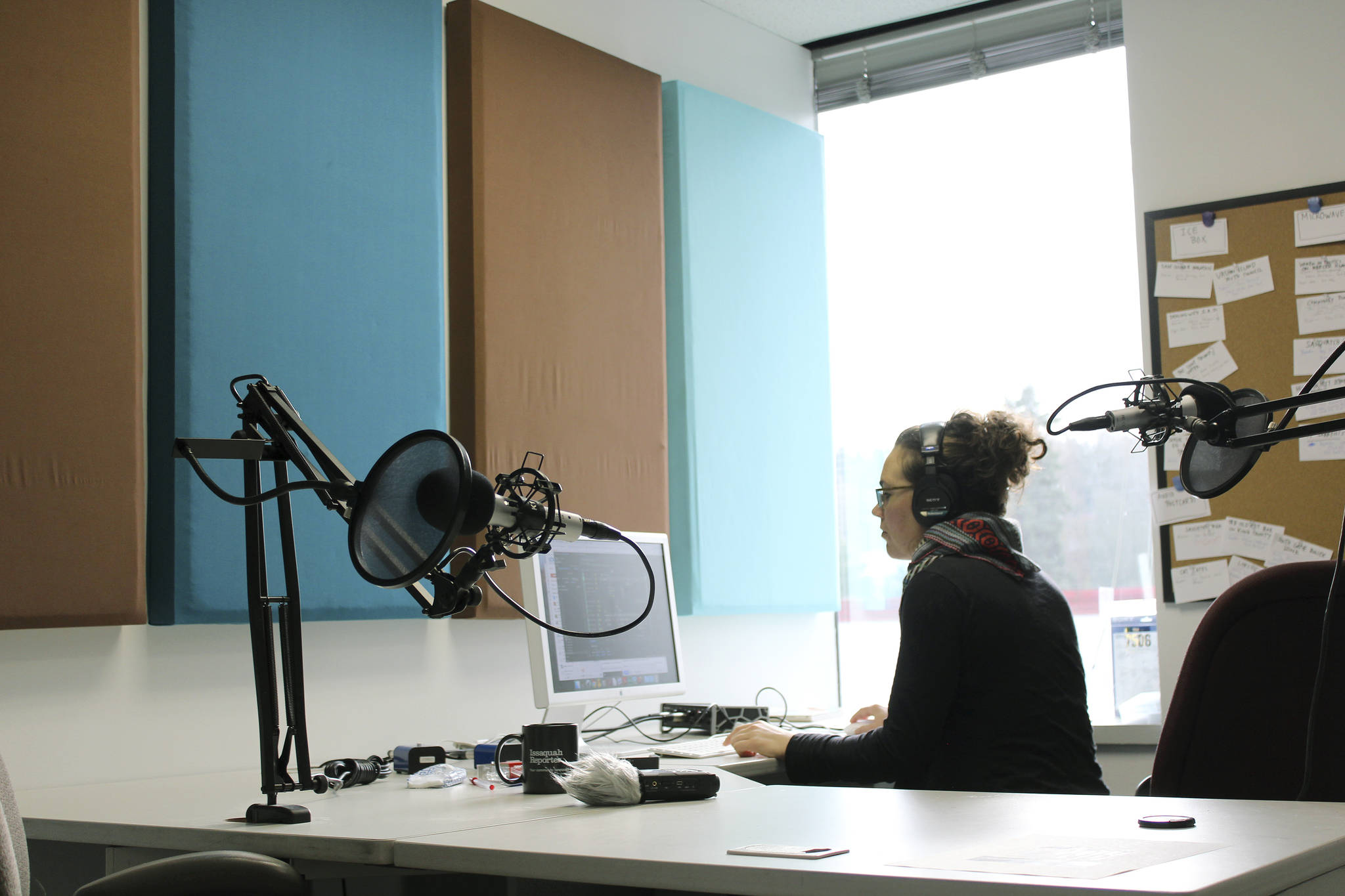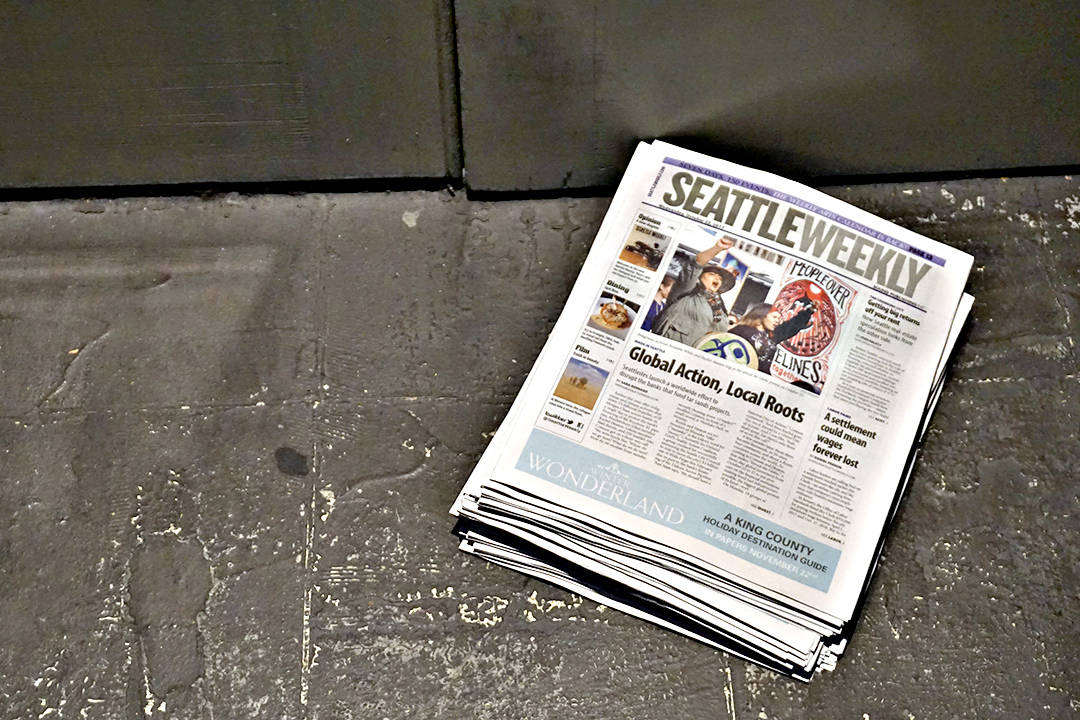“Did you read that interview with Kanye West in The New York Times?” It is a sunny Wednesday afternoon, a few days after the publication of the article Sean Nelson is asking about. The Seattle artist has had some time to mull the words of America’s most outlandish hip-hop artist, many of which were delivered in the third person. For example: “The idea of Kanye and vanity are, like, synonymous. But I’ve put myself in a lot of places where a vain person wouldn’t put themselves in. Like what’s vain about wearing a kilt?”
Nelson—a student of music and journalism, as well as a creator of both—isn’t having it.
“You can’t even read the whole thing because it’s so absurd,” Nelson says. “I mean, he’s a great musician, but his interest as a cultural figure or signifier has everything to do with the audacity to say stupid, senseless shit whenever there’s a microphone in front of him.”
Nelson, on the other hand, strives to make sense when addressing a microphone. He speaks in long paragraphs that are resistant to interruption. During our hour-long conversation, I ask five questions and could have asked fewer. Though he has certainly rehearsed many of these ideas in his head—a head that, when we meet, is topped by a great burl of impossibly curled graying hair—he is clearly improvising the conversation. Yet Nelson rarely loses a thread. The one time he does, he stops and dictates, with a smile: “I’m going to end that thought with an ellipsis.” Most often Nelson manages to come to a point that lands like a joke in a well-considered eulogy: deeply knowing and unquestionably final.
The topic of conversation as we pick at our plates in a vacant Italian eatery is a common one: the state of rock and roll. It’s a trite talking point between journalist and musician, but an apropos one, due to the release earlier this month of Nelson’s first-ever solo full-length album, Make Good Choices. Its 13 songs feature guest spots by an impressive roster of musicians Nelson has befriended in his 20-year music career, including R.E.M.’s Peter Buck, Death Cab for Cutie’s Chris Walla, and legendary producer Steve Fisk. The album, recorded in three sessions at three locations over a decade, covers the gamut of late-20th-century pop styles, from high-energy power pop to slashing guitar rock, piano balladry, and country & Western. It’s a potential mess, but Nelson manages to keep it together. Despite varying instrumentation and production, each song is woven into the next by Nelson’s emotive plaint, easy sense of melody, and the perspective of a man consumed with the compromises and conflicts inherent in love and art—most notably on standouts “Stupid and 25,” “Kicking Me Out of the Band,” and “The Price of Doing Business.”
The album begins with a brief soundbite, lifted from the 1977 film Between the Lines. The statement is delivered by Jeff Goldblum’s rock critic character. “The only real answer to the question ‘Whither rock and roll?’ is ‘Hither,’ ” he implores, indignantly. “Some misguided people think that the answer is ‘Thither.’ They’re wrong—those theories are passe.”
The inclusion of the clip doesn’t necessarily signal agreement on Nelson’s part. The truth is that he doesn’t know where rock and roll is headed.
“I have generated many theses about the state of rock and roll in my life,” Nelson tells me, “and I have nailed them to some doors as well. But I now sort of recant all of them because I don’t feel qualified to weigh in on the state of rock and roll, because I don’t feel like a citizen of that state anymore.”
Nelson has put more effort into understanding rock and roll than most. A few blocks away, the bookshelves in his Pioneer Square loft, festooned with thick tomes of criticism and biography, stand as a testament. But he has never really been that rock-and-roll. Nelson is, to my mind, more of a pop guy. He’s capable of sneering while a guitar growls, sure, but he’s clearly more comfortable preening while a piano line dances or delivering deep pathos through an undeniable melody. This is a man who recorded an entire album of songs by the late pop-ballad genius Harry Nilsson, after all; an artist at his best while harmonizing; and one who rocketed to international renown in 1998 with the Harvey Danger song “Flagpole Sitta,” a bouncing pop song, complete with “ba-ba-ba”s, that begins with the very un-rock, in my estimation, self-flagellating line: “I had visions, I was in them, I was looking into the mirror, to see a little bit clearer, rottenness and evil in me.”
Nelson’s music is born not of a rockist ideal of transforming the world, but a populist ideal of finding commonality. When he first cottoned to music, at the age of 17 or 18, Nelson says, it was because bands like R.E.M., the Smiths, Pavement, and Sebadoh were speaking to him.
“I felt like there was a big conversation going on, and I wanted to be in it,” Nelson says. “And not just to receive it, but I felt like singing songs was a way of participating. And you know, it took a long time before anything I did was, sort of, recognized, or part of any conversation at all.”
Nelson has since discovered a number of ways to participate in the conversation. He has worked as a journalist (for both Seattle Weekly and, more recently, The Stranger); written a book about Joni Mitchell’s album Court and Spark; and begun writing, directing, and acting in films.
Nelson has, in all these media, revealed parts of himself. Yet he is not a confessional artist. Rather, Nelson says, he is always acting—projecting great confidence, though he considers himself deficient in the real stuff. It is the former that makes Make Good Choices so enjoyable, but it is the latter that kept the album unfinished for so many years, its creator fearing that it was a lousy attempt. It wasn’t until he met his now-wife, fellow musician Shenandoah Davis, that Nelson seriously considered releasing the album he’d started so many years ago. As he’d earlier done for numerous friends, he played it for her and asked what she thought. “You made this,” Nelson recalls her saying. “You need to get it out there.”
As wise men do, he listened to his wife, and now he is forced to reflect on his work. Whether anyone will connect with this music, or care, or even listen, is something Nelson says he isn’t concerned with. I wonder—is he acting?
“There’s no way I ever felt that I had any responsibility to the youth or anything like that,” Nelson says, pushing his Bolognese aside. “I feel like people who think that are fools, generally. Or they’re liars. It’s a form of believing your own bullshit that I really don’t want to engage in.”
Which is what brought us to Kanye, rock and roll, and saying stupid things.
“There’s a long tradition of that in rock,” he continues. “I remember in the ’90s you saw it a lot more in England with the Gallagher brothers [of Oasis]. They would say anything. And they were really good at it, good at being provocateurs. But when I read somebody saying, ‘This is the best. I’m the best in the world’—there’s no way I would listen to it now, because it’s either going to be humorous or delusional. And neither one of those things are worth a ton of time to me anymore. Now I’m a lot more conscious of how finite time is.”
mbaumgarten@seattleweekly.com
SEAN NELSON Neumos, 925 E. Pike St., 709-9442, neumos.com. $15 adv. 21 and over. 8 p.m. Wed., June 26.
Note: The original version of this story incorrectly attributed the speech that begins the album to Sean Nelson. The text has been corrected, here, to reflect reality.








